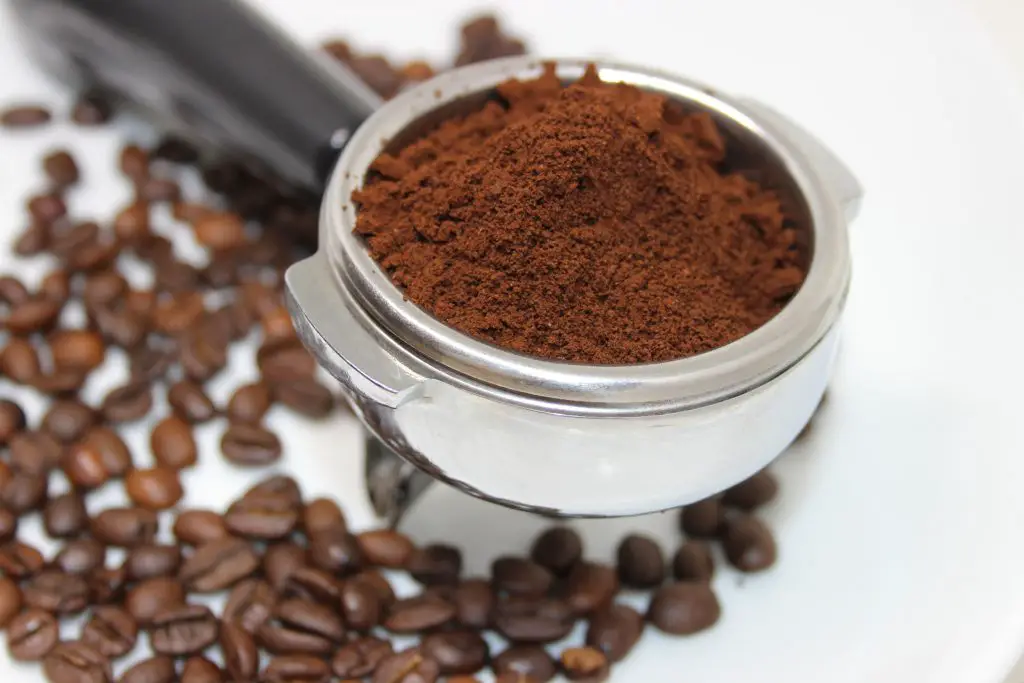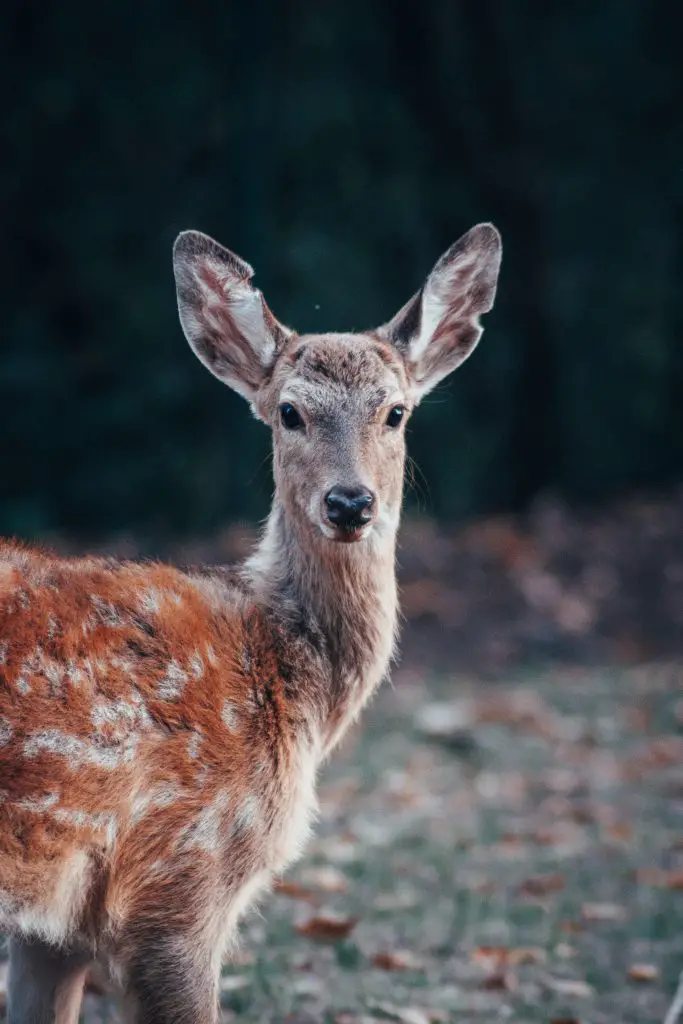Do Coffee Grounds Keep Deer Away? Deer are one of the most persistent pests in the garden and they have the ability to significantly damage a wide range of plants very quickly. So how do you deter them? Have you tried coffee grounds? Do they really work?
Coffee grounds are unlikely to keep deer away from your garden for any length of time though there are some people that claim that they work. While there is no specific academic study on the effect of coffee grounds on deer there are extensive studies that have looked at a range of chemicals that showed that fragrance alone will not deter deer for very long.
A bulletin put out by the United States Department Of Agriculture And Forestry Services tested a whole range of commercial repellents. What the bulletin found was that the only repellents that were effective were those that induced fear in the Deer. This was generally achieved by spraying chemicals that contained the coyote urine, blood, or petrified egg.
These chemicals signaled to the deer the presence of a predator which encourage them to stay away. In the case of purified egg these products produce sulfur-based compounds which mimic the smells of predators.

However, even the most effective repellents in this trial only lasted a period of approximately 11 weeks before the deer became acclimatized to the scent and began feeding on the plant life again.
However, repellents containing things like limonene and soap, which is often suggested as a remedy for the presence of deer was completely ineffective. Within 3 to 5 days of the application of these chemicals, the deer were eating the plant life again.
While coffee was not specifically included in this study the results do suggest that things that If they do work for a period of time it is unlikely to last very long before the dear back.
So How Do You Stop Deer From Destroying Your Plants?
The only 100% effective way to stop deer from destroying your plants is to exclude them from your garden which requires you to erect a fence that is approximately 8 feet tall. The height may seem excessive however studies have shown that deer can comfortably jump a 6 ft tall fence however an 8 ft tall fence is known to stop the deer. To read more about this click here.
All other methods that are commercially available which include chemical and mechanical repellents such as motion-activated sprinkler or ultrasound systems will work only for a period of time. And in some cases, some of these systems are completely ineffectual against ear despite what the manufacturer claims.

This is particularly evident with ultrasonic systems which simply do not work at all but are widely available. There has been a range of studies that demonstrate that they do not affect deer or other animals in any significant way.
How To Reduce Damage From Deer
So given that even the most effective repellent systems typically only last two and a half to three months before the deer start feeding again you need to use a range of techniques throughout the year to discourage them from coming into your garden.
The first thing is to consider the overall structure of your garden and how inviting it is for deer to come in in the first place. If the deer encounter plants that they find very attractive to eat on the outer part of the garden it is more likely that damage will occur as they are encouraged to come in.
So it is advisable to plant things that deer do not like to eat in the outer parts of the garden. As a rule of thumb, these plants are generally fragrant, poisonous, or prickly plants however, to get a complete list of deer preferences try visiting the New Jersey Agricultural Experimentation Station.
When selecting these plants it is also ideal to pick plants that are relatively tall for the outer part of the garden so that they block the line of sight for the deer as this will reduce the visibility of those plants that they find more enticing.
Conversely, those plants which deer find irresistible should be planted as close to the house as possible as your day-to-day activities will discourage them from spending time in that part of the garden.
In addition to the structure and placement of plants within the garden, it is also advisable to use chemical deer repellents as they are quite effective for a period of time. However, as mentioned above their effectiveness reduces over time so it is important to buy two to three different to ensure that the deer do not get too familiar with scent and begin to ignore them.

The two products we would recommend Deer Out and Plantskydd because they have been shown to be effective for up to 10 to 12 weeks and are also based on different chemical formulas which will increase your chances of keeping the animals out for an extended period of time. To see the latest prices on Amazon click on the links.
The other things that you can also try is motion-activated sprinkler systems and predator eyes which will deter the deer to some degree. However, like all repellent systems, they are only effective for a period of time so it is advisable to try using different systems at different times to increase their effectiveness.
Additionally, it is helpful to move the position of these systems around the garden during their period of use as this will increase the chances of the systems being effective and protecting your precious plants.
If you are considering purchasing a motion-activated sprinkler system the one that we would recommend is the Orbit 62100 Yard Enforcer which has motion sensors that are capable of working both day and night in a field of vision of approximately 120 degrees.
I hope you enjoyed this post and found it useful. Good luck with keeping the deer out of your garden. If you have any questions or comments please leave them in the section below.
Relevant Articles
How High Can A Deer Jump? (And What Type Of Fence Do I Need To Build To Keep Them Out)
Does Deer Repellent Really Work? (All The Answers Based On Academic Research)
Do Deer Eat Azaleas? What Can I Do About It?
Are Raspberries Deer Resistant? (And How To Protect Them)

